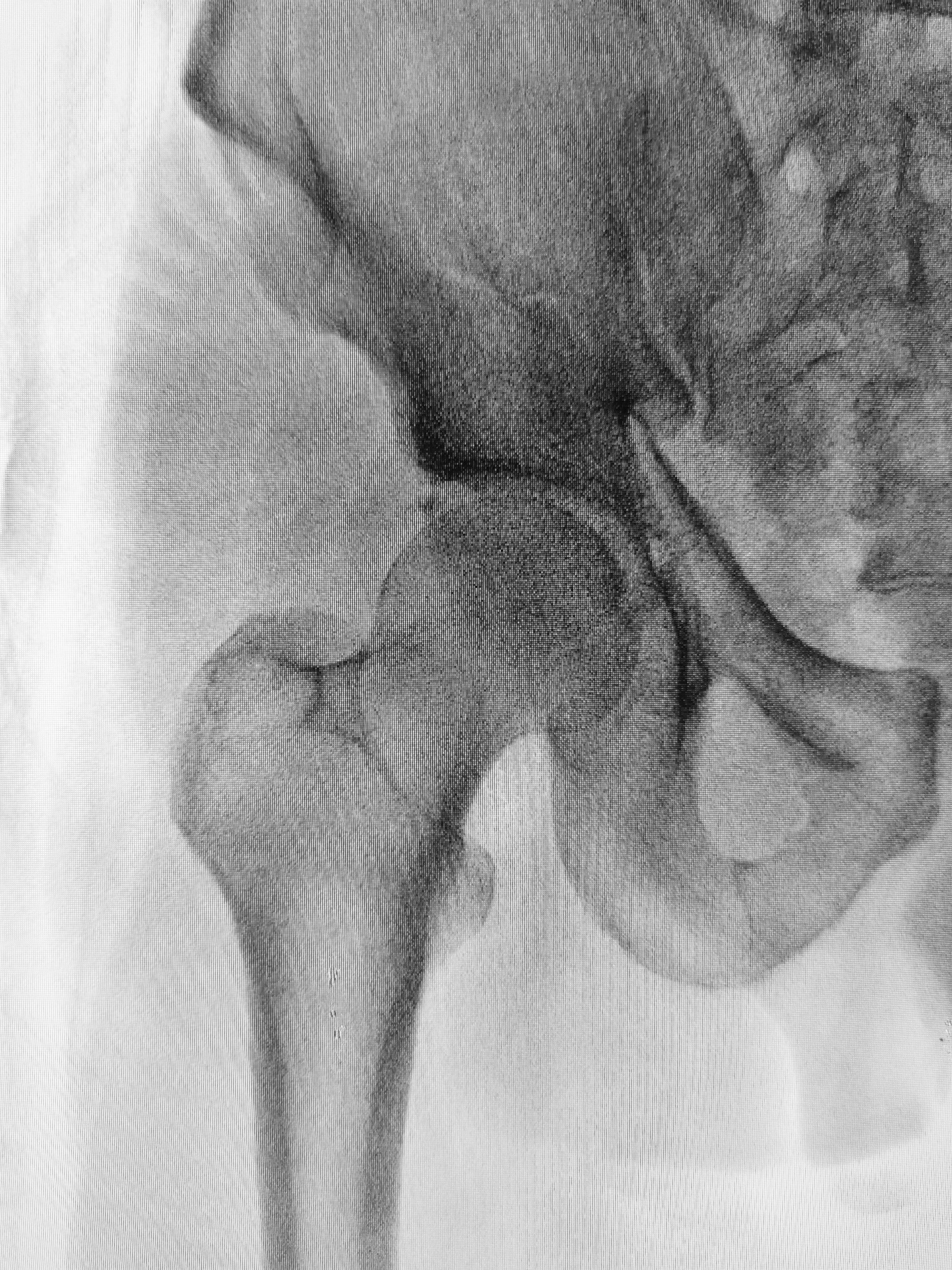Bone health & Osteoporosis
Osteoporosis is a condition where bone density is significantly reduced and bones become weak and brittle. Bone is living tissue that is constantly being broken down and replaced.
Osteoporosis occurs when the creation of new bone doesn't keep up with the loss of old bone.
Osteopenia is the stage before osteoporosis, where bone density is low but not low enough to be classed as osteoporosis.
More than 3 million people in the UK have Osteoporosis. It is more prevalent in women due to the important role that oestrogen plays in maintaining bone density. When women reach the menopause their production of oestrogen reduces significantly and therefore bone density decreases at a more rapid rate. Losing bone is a normal part of ageing but there there are other reasons why someone might lose more bone faster than normal.
Risk factors
Low BMI / energy availability
Family History
Steroid use
Hormonal imbalances / conditions
Active / history of an eating disorder
There are many things that play an important role in the maintenance of healthy bones. Adequate nutrition is one of them, meaning that it is important to eat a wide and diverse diet to nourish your body.
+ Calcium is the main mineral found in our bones. It is abundant in many foods such as dairy products, green leafy vegetables, nuts and seeds, tofu, bony fish such as sardines, fortified non dairy milks and dried figs.
+Vitamin D helps to regulate calcium absorption. Without Vitamin D calcium is useless for bone health. Vitamin D also increases the absorption of calcium through the gut and decreases excretion through the kidneys.
+Magnesium - 60% of our magnesium is found in bone. Magnesium works synergistically with calcium and helps to regulate its transport and metabolism.
+Vitamin K helps to increase the rate that calcium builds bone. Food sources include dark green leafy vegetables eg broccoli, lettuce, cabbage, spinach, green tea and meat.
Boron, Manganese, Phosphorus which are constituents of bone also play an important role in healthy bones.
Whilst there is no PERFECT diet, maintaining adequate levels of all nutrients is essential. Not eating enough to fuel your body will cause the body to place survival ahead of long term health. If the body only has limited supplies, it will prioritise the energy it has for essential bodily functions at the expense of others functions.
When considering healthy bones it is important to look at digestive health, as if this is compromised, absorption of key minerals can be reduced (for example if stomach acid levels are insufficient, nutrient status will be significantly reduced) In addition the healthy bacteria that live within our gut assist with digestion, nutrient absorption and Vitamin K synthesis, as well as preventing inflammation.
WHAT CAN YOU DO ON A DAILY BASIS TO SUPPORT YOUR BONES?
EAT REGULAR MEALS THROUGHOUT THE DAY (THREE MEALS AND SNACKS)
INCLUDE A WIDE VARIETY OF PLANTS
AIM FOR AT LEAST 30g FIBRE PER DAY (see below)
ENSURE YOUR MEALS ARE MADE UP OF PROTEIN. CARBS AND HEALTHY FATS
INCLUDE PROBIOTIC RICH FOODS (SAUERKRAUT, KIMCHI, FERMENTED VEGETABLES, KEFIR, LIVE YOGURT)
WEIGHT BEARING EXERCISES
EAT MINDFULLY AND CHEW YOUR FOOD
This isn’t information isn’t to overwhelm you, but to educate you and motivate you to take positive steps to support your bones.
Please get in touch if you are looking for a personalised approach to health.




